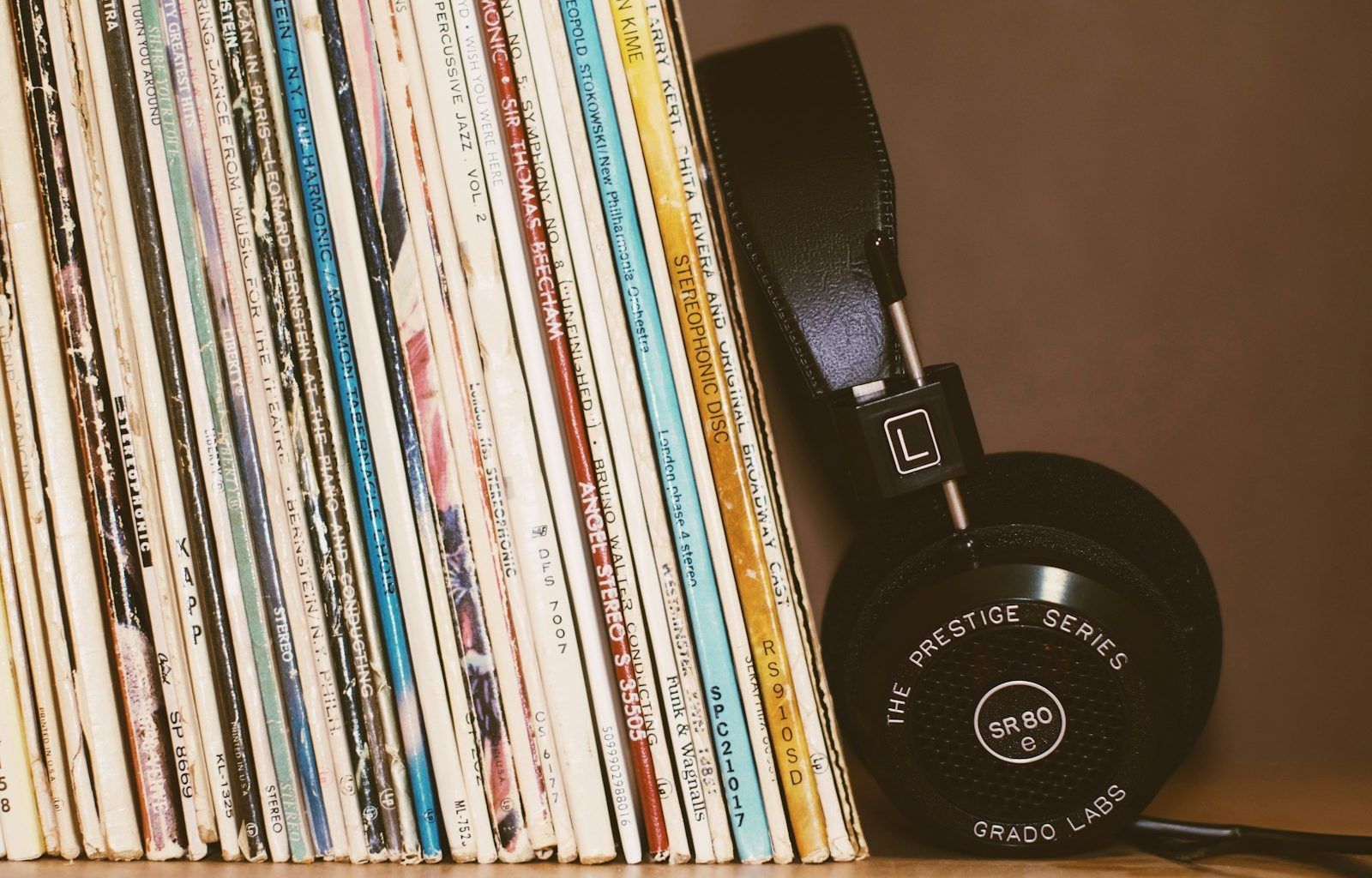When we talk about the music industry, the term “define record label” often pops up. But what exactly does it mean? In simple terms, a record label is a company that works with artists to produce, distribute, and promote their music. Think of a record label as the bridge between musicians and their audiences. It plays a big role in shaping how we discover and enjoy new songs.
Record labels are like partners for artists. They help turn musical talent into a finished product that people can listen to, whether it’s on streaming platforms, radio, or vinyl records. These companies handle the behind-the-scenes tasks so that artists can focus on creating music.
A Brief History of Record Labels
To truly understand what a define record label does, it helps to look at where they came from. The first record labels emerged in the late 19th century, alongside the invention of the phonograph—a device that could play recorded sound. Early labels like Columbia Records and Victor Talking Machine Company helped bring music into people’s homes for the first time.
As technology evolved, so did define record label. In the mid-20th century, the rise of vinyl records and radio transformed the industry. Record labels became powerful entities, shaping musical trends and helping artists like Elvis Presley and The Beatles become global icons. Today, with digital streaming dominating the scene, record labels have adapted once again, finding new ways to connect music with listeners.
What Does a Record Label Do?
At its core, a record label does three main things: produce, distribute, and promote music. Let’s break these down:
1. Producing Music
One of the primary roles of a record label is to help artists record and produce their music. This involves booking studio time, hiring producers, and making sure the final product sounds polished. Many labels also invest in songwriting support and creative direction to ensure that an artist’s work stands out.
For example, an artist might come to a label with a great idea for a song. The label then helps turn that idea into a full-fledged track, complete with professional recording and mastering.
2. Distributing Music
Once the music is ready, it needs to reach listeners. Record labels handle the distribution process, ensuring that songs are available on all major platforms, from Spotify to Apple Music. In the past, this meant pressing physical records or CDs and shipping them to stores. Today, it’s more about getting music onto streaming platforms and ensuring it’s accessible worldwide.
3. Promoting Music
Even the best music needs to be heard to succeed. Record labels take charge of marketing and promotion, using everything from social media campaigns to music videos. They often have teams dedicated to public relations, playlist pitching, and advertising, all aimed at helping an artist’s music gain visibility.
Types of Record Labels
Not all record labels are the same. They come in different shapes and sizes, catering to various kinds of artists and audiences. Here are the main types:
Major Record Labels
These are the big players in the music industry. Companies like Universal Music Group, Sony Music, and Warner Music dominate the global market. They have vast resources and networks, making them a go-to choice for many high-profile artists. Major labels can provide extensive support, but they also often take a significant share of an artist’s earnings.
Independent Record Labels
Also known as “indie labels,” these are smaller companies that operate outside the major label system. Indie labels often focus on niche genres or emerging talent. While they may not have the same resources as major labels, they’re known for giving artists more creative freedom.
DIY Labels
With the rise of technology, some artists choose to create their own record labels. This allows them to maintain complete control over their music and profits. However, running a DIY label requires a lot of work and knowledge about the music business.
How Do Artists Work With Record Labels?
For many musicians, signing with a record label is a dream come true. But how does the partnership work? Typically, an artist signs a contract with a label that outlines the terms of their agreement. This contract might include details about how many albums the artist will produce, how profits will be split, and what the label will provide in terms of support.
In return for their services, record labels usually take a percentage of the revenue generated by an artist’s music. This is known as a “record deal.” While these deals can be lucrative, they’re also complex, and it’s essential for artists to understand the fine print.
The Role of Technology in Modern Record Labels
The digital age has transformed how record labels operate. Streaming platforms, social media, and online marketing have made it easier than ever for artists to reach fans. But they’ve also created new challenges.
For instance, streaming royalties are often much lower than revenue from physical album sales. This means record labels and artists must find other ways to earn money, such as through merchandise, live performances, and licensing deals. Technology has also made it possible for independent artists to succeed without a traditional label, leading to more competition in the industry.
Why Are Record Labels Still Relevant?
You might wonder, with all the tools available to independent artists, do record labels still matter? The answer is yes, and here’s why:
- Resources: Record labels have the money, connections, and expertise to take an artist’s career to the next level.
- Global Reach: Labels can promote music on a scale that’s hard to achieve independently.
- Support Systems: From legal advice to tour planning, labels provide essential support that lets artists focus on their craft.
Tips for Choosing the Right Record Label
If you’re an artist looking to sign with a label, it’s crucial to do your research. Here are some tips to help you make the right choice:
- Know Your Goals: Understand what you want from your music career and find a label that aligns with your vision.
- Check Their Track Record: Look at the artists a label has worked with and their success stories.
- Read the Contract Carefully: Make sure you understand the terms of the agreement, especially how profits will be split.
- Ask Questions: Don’t be afraid to ask about the label’s plans for your music and how they’ll support you.
Conclusion
define record label is much more than just a company that puts out music. It’s a partner that helps artists bring their vision to life and share it with the world. Whether you’re an aspiring musician or just a music lover, understanding what record labels do gives you a deeper appreciation for the songs you love. As the music industry continues to evolve, so too will the role of record labels, but one thing remains clear: they’re an essential part of the journey from the studio to your ears.
For further reading, explore these related articles:
- All About Major Lazer Songs: Why Everyone Loves Their Music
- Exploring Ed Sheeran’s South of the Border Lyrics
For additional resources on music marketing and distribution, visit DMT Records Pvt. Ltd..






